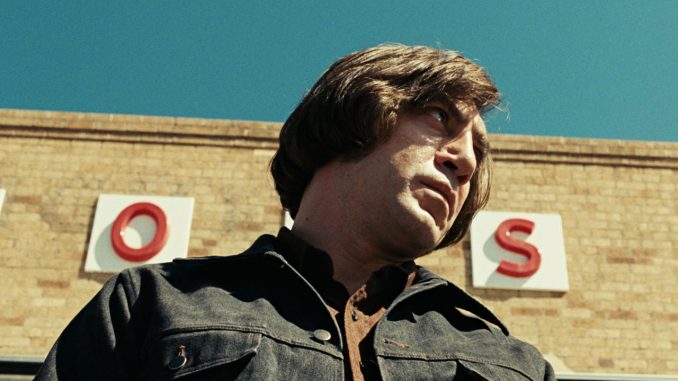
Everyone with a favorite book dreads the day the bigwigs in Hollywood will come out with the film version. The magic of the book is intact in one’s mind, untarnished by plot edits (because someone wanted more lines), changes in character (because the Academy Awards are coming up), wrong casting, or toe-curling soundtrack (with synchronized singing). It’s good to know that past examples of film adaptations managed to retain the totality of the original book regardless of whether it stayed true to the story or not. As we know, there are many things only our minds can breathe to life.
Memoirs of a Geisha
A good film adaptation doesn’t necessarily mean taking the entire book and literally translating it for the big screen. It has a lot to do with the author fully understanding both the book and movie, creating something new without killing the essence of it. Rob Marshall took Arthur Golden’s Memoirs of a Geisha and brought to life the romance of Sayuri (Zhang Ziyi) and the Chairman (Ken Watanabe). After losing her family, the Chairman was the only constant companion she could rely on in her life. For someone who has limited knowledge of Japanese culture, the ornate sets leave whatever was in your imagination pale in comparison. Some might say that the film was too Hollywood-ized because many of the metaphors we enjoy in the book were lacking in the film. Obviously, the book has its own purpose and the medium can afford to say as much as it wants without worrying about running out of reels. The movie, however different it was, had its own charm and was successful in preserving the integrity of the book.
No Country for Old Men
Normally, little attention is given to how book dialogue is translated into the big screen. In “No Country for Old Men,” the dialogue and exposition is very terse and convincing. You’re able to visualize rough-and-tumble men and extend that sort of feel to the place the characters live in. The same feel is achieved by the movie. It’s like the author and director agreed on a vision for the film and stuck to it.
Perhaps “No Country for Old Men” is a great example for directors fully understanding and having a genuine appreciation for the book. He ran away with the book, changed a few elements, threw the setting around, modified some characters, but still, the result is a film that maintains the true essence of the story.

Leave a Reply